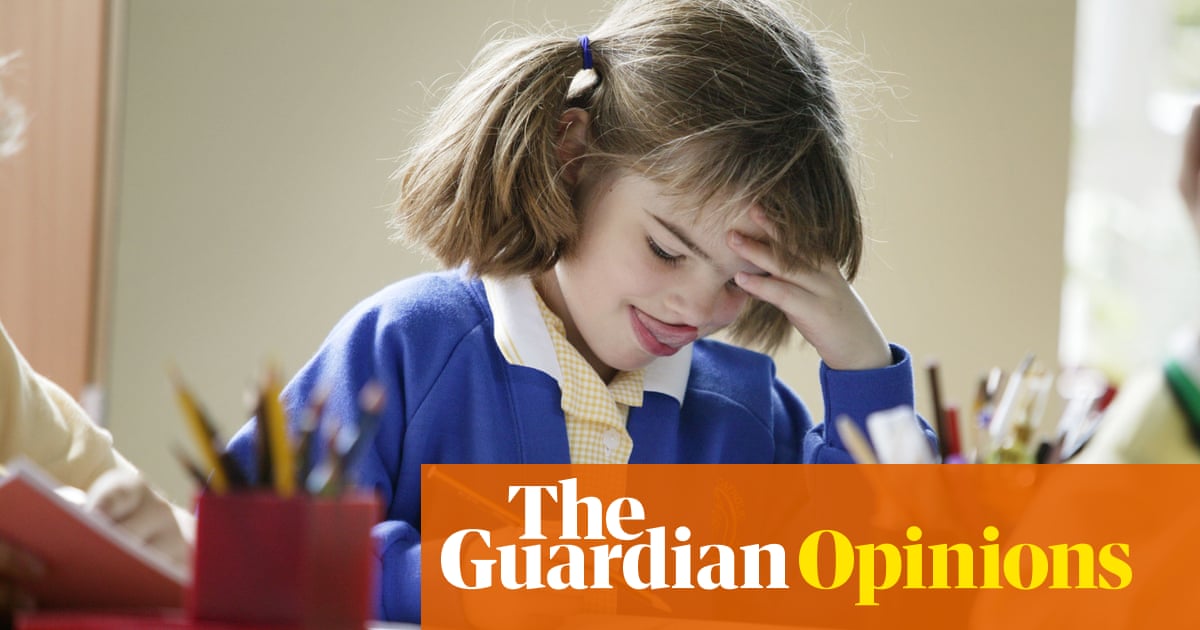
Competitions can be strange beasts. Especially with music. The highest profile events in this country are probably sports contests. The fastest runners, the highest scoring teams and the farthest distance jumpers are victorious. The winning line is literally painted on the floor – cross it first and win.
With music, however, we are dealing with something altogether more moot. It’s the currency of abstract sound painting, emotional evocations, and a beautiful sort of magic we can’t physically see. There aren’t any klaxons, finish lines or stopwatches, but rather the challenges of storytelling and communication. Who should be declared the winner is an entirely subjective matter.
This week, BBC Young Musician returned to our screens. I’ve been presenting the television coverage alongside Alexis Ffrench, and listening to and watching these young musicians has been a fascinating experience – and an absolute treat. In a world where it’s possible to become famous for being famous, seeing the dedication, passion and perseverance of these performers is inspirational. I’ve seen some jaw-dropping performances – fireworks and pyrotechnics, beautifully hushed and intimate moments and some wondrous stagecraft. What has been clear speaking to the contestants this year is their desire to communicate, to reach people and share their craft. After a period of having that opportunity denied, it’s even more moving to see.
BBC Young Musician offers a springboard to a career – the TV exposure, the concert opportunities that follow and the radio broadcasts are all invaluable opportunities.
The competition is a place to honour excellence, discover new voices, new ideas and glimpse the next generation of talent. The feeling is one of celebration rather than steely competition – you will not once hear the words “loser”, “rival” or “opponent”. This doesn’t mean, however, that it is a pressure-less environment or without its challenges. The TV cameras, interviews and big stages can feel pretty daunting, but the competition is judged purely on performance – the jury do not see the interviews or backstories so the focus remains on the quality of the music. But that doesn’t stop the whole process feeling sometimes quite surreal.
I was a finalist in 2016 so I know how it feels. I had watched BBC Young Musician, seen other young people perform in a way I never even thought possible and dreamed of being a part of it. I first entered in 2014 with no real clue or expectations, and I got as far as the category final. In the two years in between, I practised like never before, grew in confidence and realised it was better to be myself on stage (so not wearing a ballgown!) and play music I loved. My whole life became centred on the competition, it was such a goal and a marker and it was the launchpad for the life I now have. I’ll be eternally grateful for it.
I went into a strange sort of hibernation during the months of the competition, focusing on what was to be my first ever experience of playing a concerto with a professional orchestra. The practice was intense, and the process set me up for performing under pressure. I was inspired by, and struck up friendships with, the two other finalists – Sheku Kanneh-Mason and Ben Goldscheider. And when I won the category final I had the greatest treat of all from my dad – he drove me back home to Cumbria on the A-roads, the scenic route, rather than the motorway. We knew how to celebrate in style!
In the finals each performer has 16 minutes to show what they are made of and what they stand for. Years of practice, sacrifice, grit and determination culminate in that performance. Four people in each round will inevitably face disappointment (only one person gets through) but the competition can also be a lesson for life: resilience, persistence and knock-backs can be as instrumental in shaping a person as a win. And part of the beauty is that the competition really feels like a concert with a bonus prize. So even those who don’t win overall still have incredible careers launched by the competition (Alison Balsom, Benjamin Grosvenor and Adam Walker to name but a few).
How can we ensure that competitions such as BBC Young Musician continue to thrive and provide a platform for the next generation? First, we have to make sure there is a next generation. There are pertinent questions around who these young competitors will be, where they are from and around how we can ensure equality of opportunity. That begins early. School-age early. As STEM (science, technology, engineering and mathematics) subjects are prioritised across most schools and teachers are under constant pressures to meet targets and grades, music risks falling by the wayside.
We must make sure that every child has the opportunity to experience a quality musical education. I believe passionately that access to music brings empathy, deepens our understanding of what it is to be alive and creates a world of generous, irenic musical citizens who are equipped with the skills needed to adapt in an ever-changing world. Music helps individuality, creativity and innovation, and the more that we can take it to people in a way that they can experience it viscerally and personally – whether that’s listening or playing – the more we can improve people’s lives.
It’s difficult not to consider what kind of a landscape this year’s young performers will be heading into. With war, a cost-of-living crisis, political turmoil and the climate crisis, arts and music might feel quite far down on a list of societal priorities. Then again, perhaps we’ll need these young people and the arts more than ever to draw us together, help us empathise and create a place of refuge.
Tune in this week or catch up on iPlayer to watch 25 young people who dare to dream of a better world, where music can unify us and raise our spirits. Or at least, whilst the TV is on for an hour, make it feel like there might be one.
The keyboard final is on BBC Four on 6 October and the grand final is on 9 October. These, and all previous category finals, are available to watch on demand on iPlayer. Find out more about Jess Gillam here.












